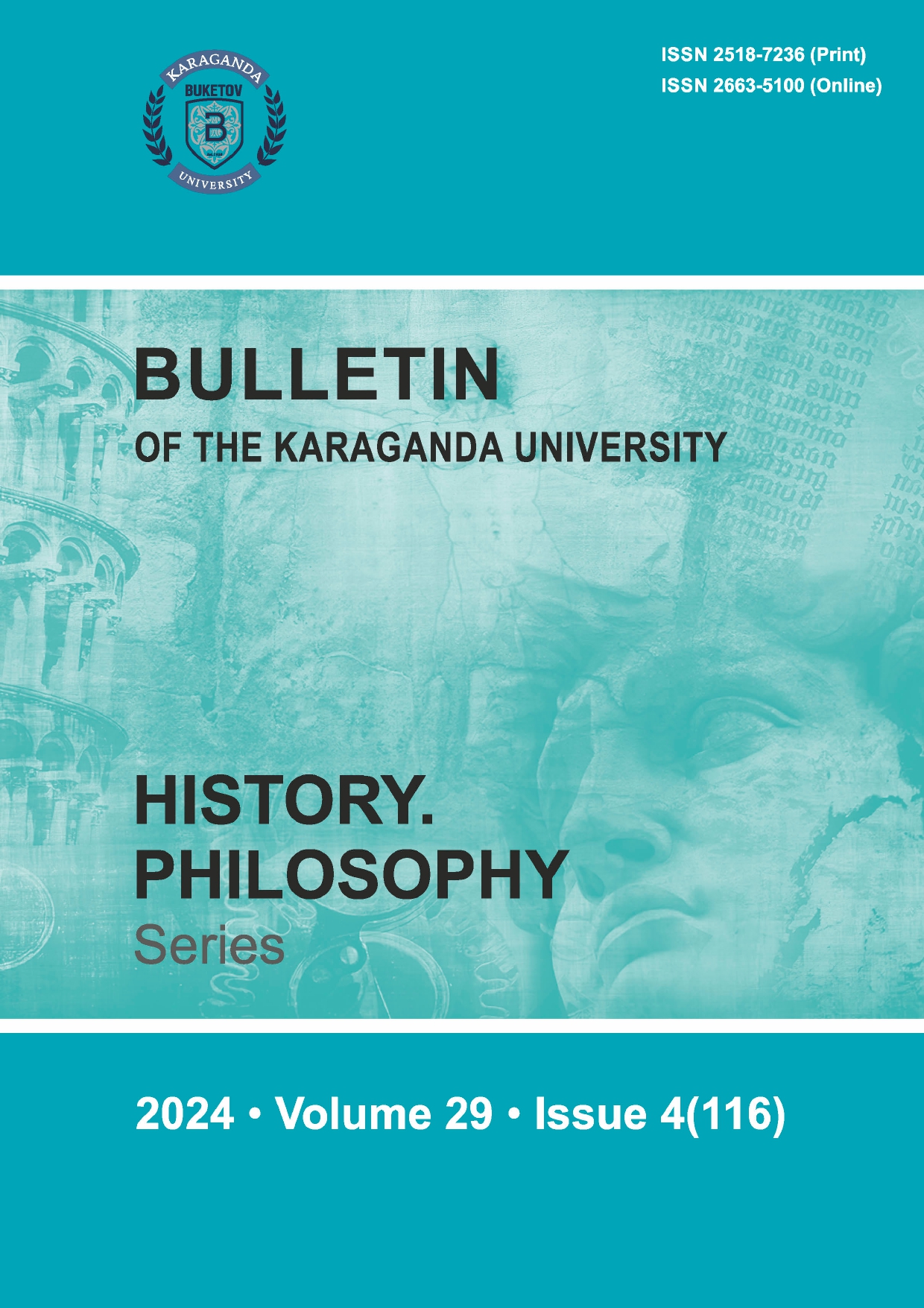Paradoxes of Gender and Ritual in Turkish Romani: An Ethnographic Analysis
DOI:
https://doi.org/10.31489/2024hph4/261-271Keywords:
Ethnography, gender, ritual, paradoxes, patriarchy, Turkish RomaniAbstract
This ethnographic study explores the complex interplay between gender roles and rituals within TurkishRomani marriage practices. The research investigates how Romani girls are socialized into womanhood, em-phasizing the cultural expectations and responsibilities placed upon them from a young age. The study high-lights the separation of girls from boys as they approach adolescence, signifying their preparation for futuremarriages. It examines the restrictions placed upon young women, including limited mobility and social in-teraction with men outside the family unit. Paradoxically, the study reveals how Romani women, despite theirrestricted social roles, play a crucial economic role in the family. They contribute significantly through vari-ous occupations like daily labor, cleaning, fortune-telling, and flower selling. However, the patriarchal struc-ture of the family deems them subordinate, viewing them as property acquired through monetary transactions.The ability to bear sons holds significant weight, as it is seen as a defining aspect of womanhood within theRomani community. The study delves into the importance of childbirth and motherhood, emphasizing thecentrality of the “puri dai” rituals, signifying a woman's commitment to upholding traditional practices. Byexamining these gendered rituals and expectations within Romani marriage customs, the study contributes toa deeper understanding of the multifaceted role of women in Turkish Romani society.




